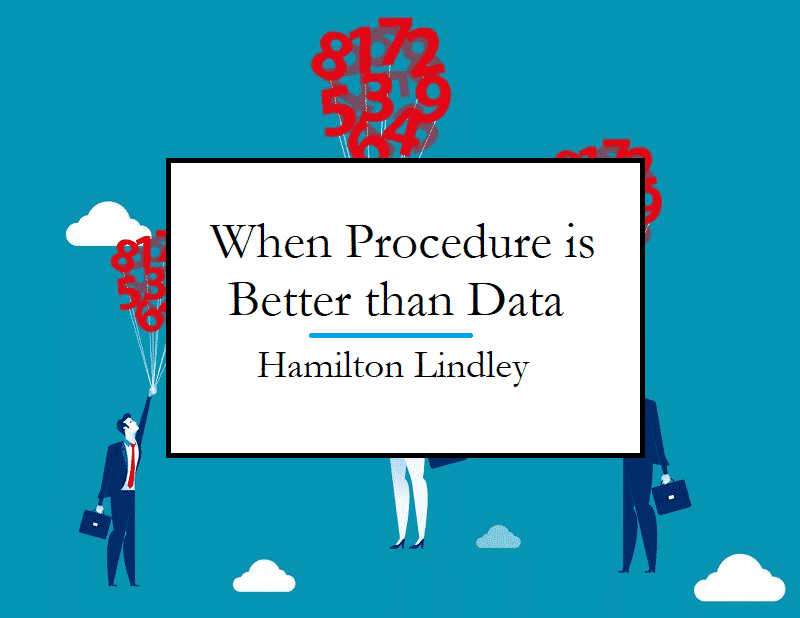I am a data geek. I love it because data is objective, free from individual influence. Two plus two is four. I can’t just tell you that it’s nine. You wouldn’t believe me. You’re no fool. But what if the numbers are right, but the analysis is wrong? When does intuition or procedure prevail over data analysis?
Take this from the Providence Journal,
- The U.S. Census Bureau says Rhode Island has about 770,000 adult citizens and that 73.5 percent of them are registered to vote. So how many voters does the state have on its rolls? Here’s a hint: 73.5 percent of 770,000 is about 566,000. If that’s your guess, you’re wrong.
- Rhode Island’s voting list claims more than 748,000 people. That’s 180,000 more than the Census Bureau numbers suggest belong there.
Data can’t explain human subjectivity
The report explains why there might be a difference: keeping track of voters is hard. People pass away, and they move to new places, but these important events aren’t always recorded accurately. Numbers like 770,000, 73.5%, and 748,000 might make us think something is wrong, even if it’s not. It’s important to remember that when we’re looking at data about people, we have to be careful and remember that people are unique individuals when we’re doing our calculations.
Overreliance on data takes too long
Studies from 122 companies in advertising, digital, publishing, and software industries, where outcomes are often uncertain, suggest that when things are unclear, relying on data for decisions might not be the best choice. In uncertain situations, going with your instincts and using straightforward methods often led to better results in terms of being both accurate and quick.
The explosion of open data and fast progress in data science allows us to know more about our businesses than ever before. Using data is often viewed as the gold standard in contemporary management. This information should produce better decision-making on each aspect of the market.
While the potential of big data is undeniable, is it the remedy for all decision-making situations? When could reliance on too much data backfire? Recent research from professors at King’s College in London examined when overreliance on data can lead to poor decisions.
Uncertain decisions need process instead of data
In uncertain situations, using data for decisions might not be the best approach. For example, when Bloomsbury Publishing released the first edition of “Harry Potter and the Philosopher’s Stone” with only 500 copies, traditional data didn’t predict its success because it was such a unique and creative work.
Researchers looked at how managers in creative industries make decisions when faced with a lack of data. They asked managers about their successful decisions and whether they relied on data, instincts, or certain processes like “majority” (choosing what most people want), “tallying” (picking the choice with the most positive points), and “experience” (choosing what the most experienced person on the team wanted).
The findings revealed that most managers used a process (tallying) more than relying on data. The research showed that depending on data is not helpful when making quick decisions. Managers who trusted their instincts and followed simple processes made decisions that were just as accurate but much faster. Using processes and gut feelings seemed to be a better balance between decision-making speed and accuracy.
When it comes to relying on instincts, experienced individuals tend to make better decisions. However, the study suggests that managers with less experience should avoid depending too much on intuition. Instead, relying on a well-defined process appears to be a strong choice, according to the research results.
Conclusion
Data may not be the best choice when you need to decide in the next ambiguous situation. Following your instincts, together with some simple processes, can lead to faster and reliable decisions particularly for those with the important expertise.

